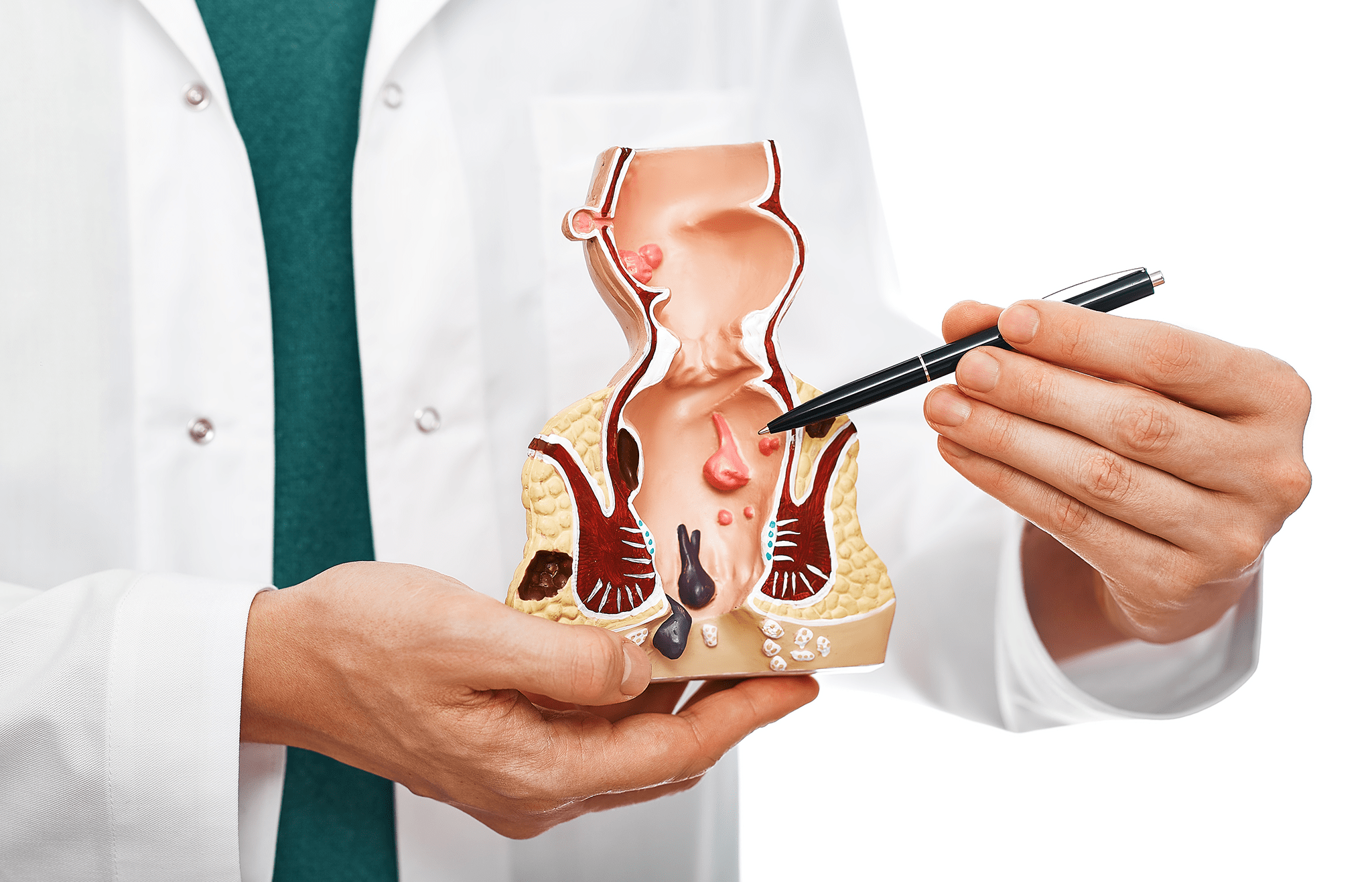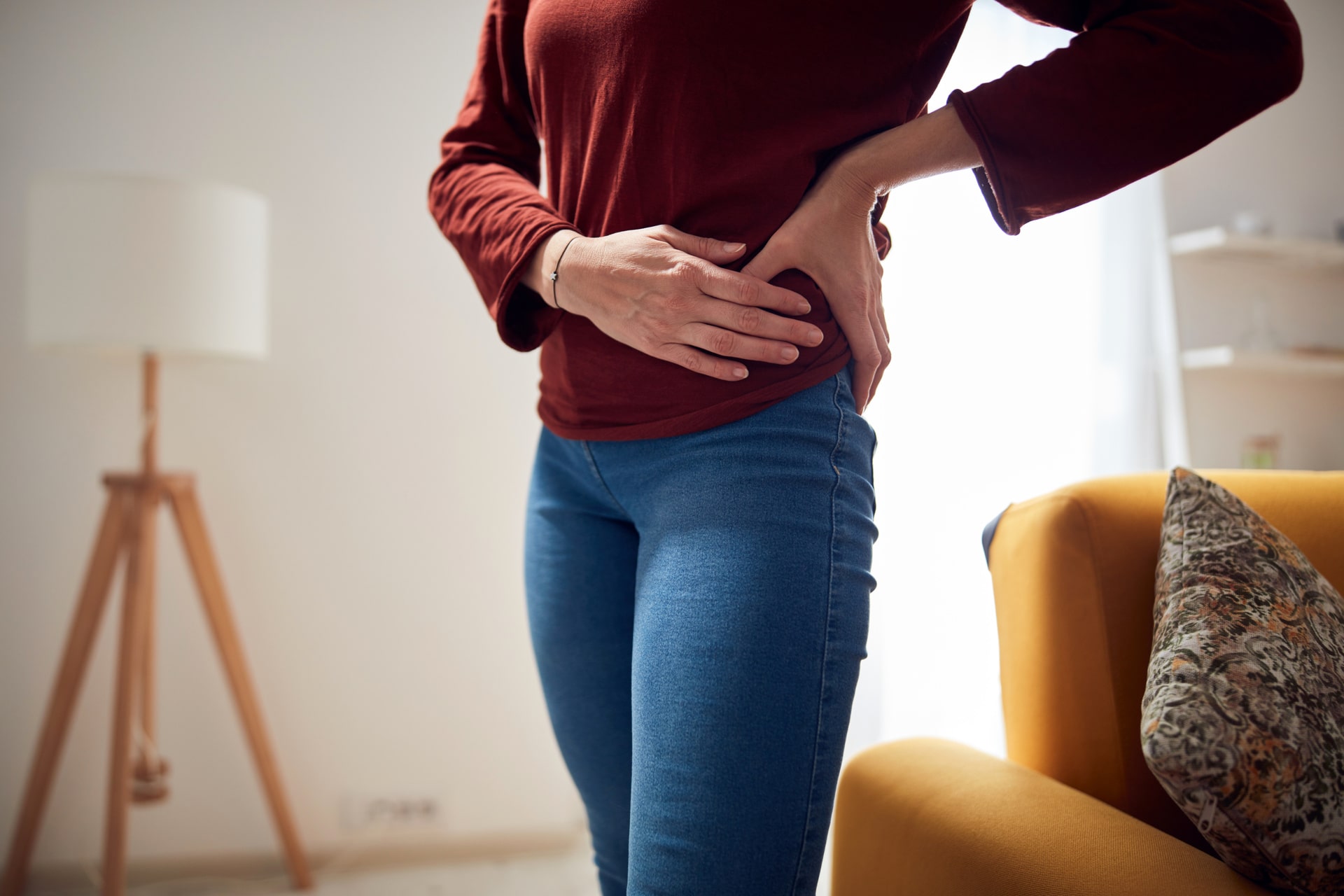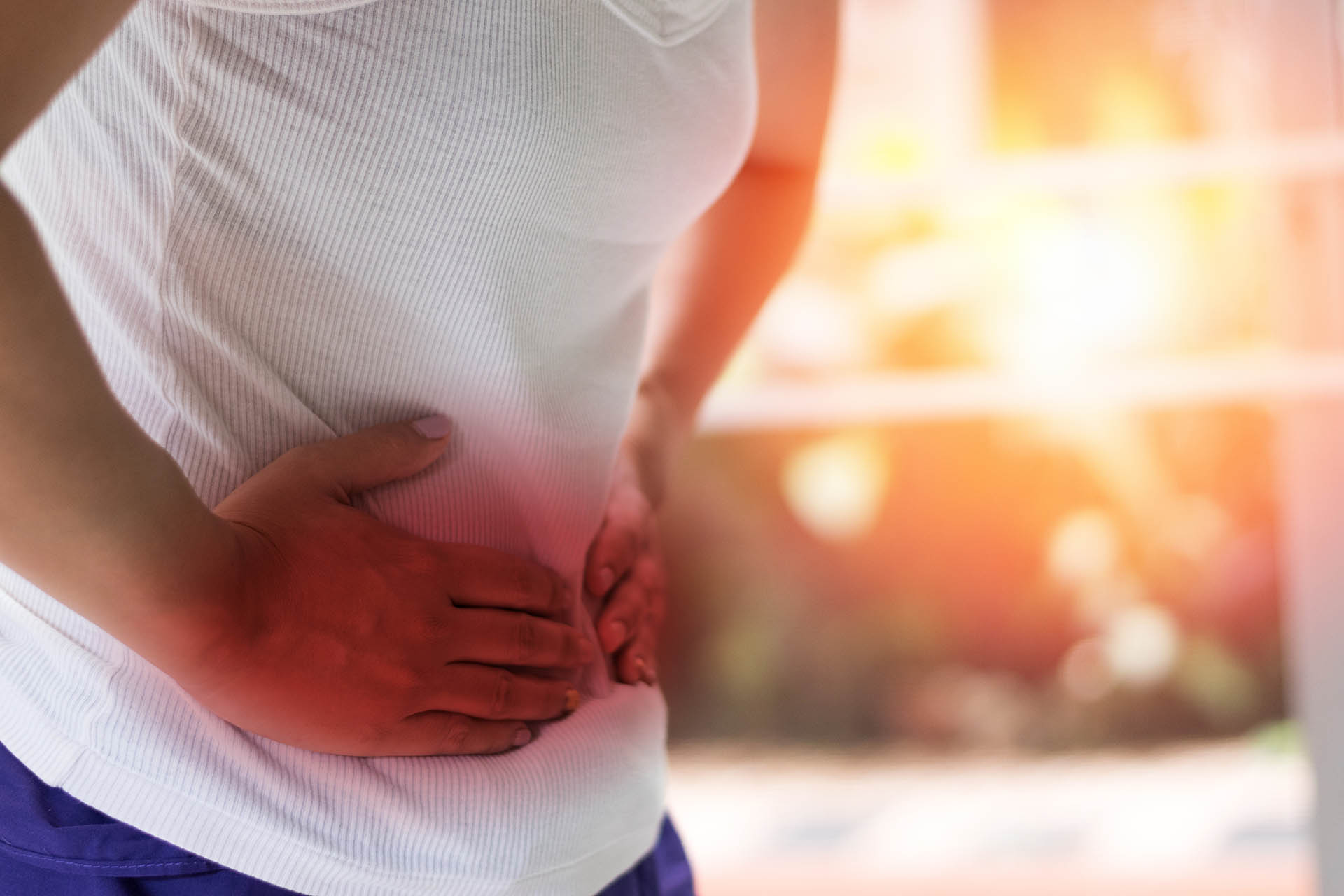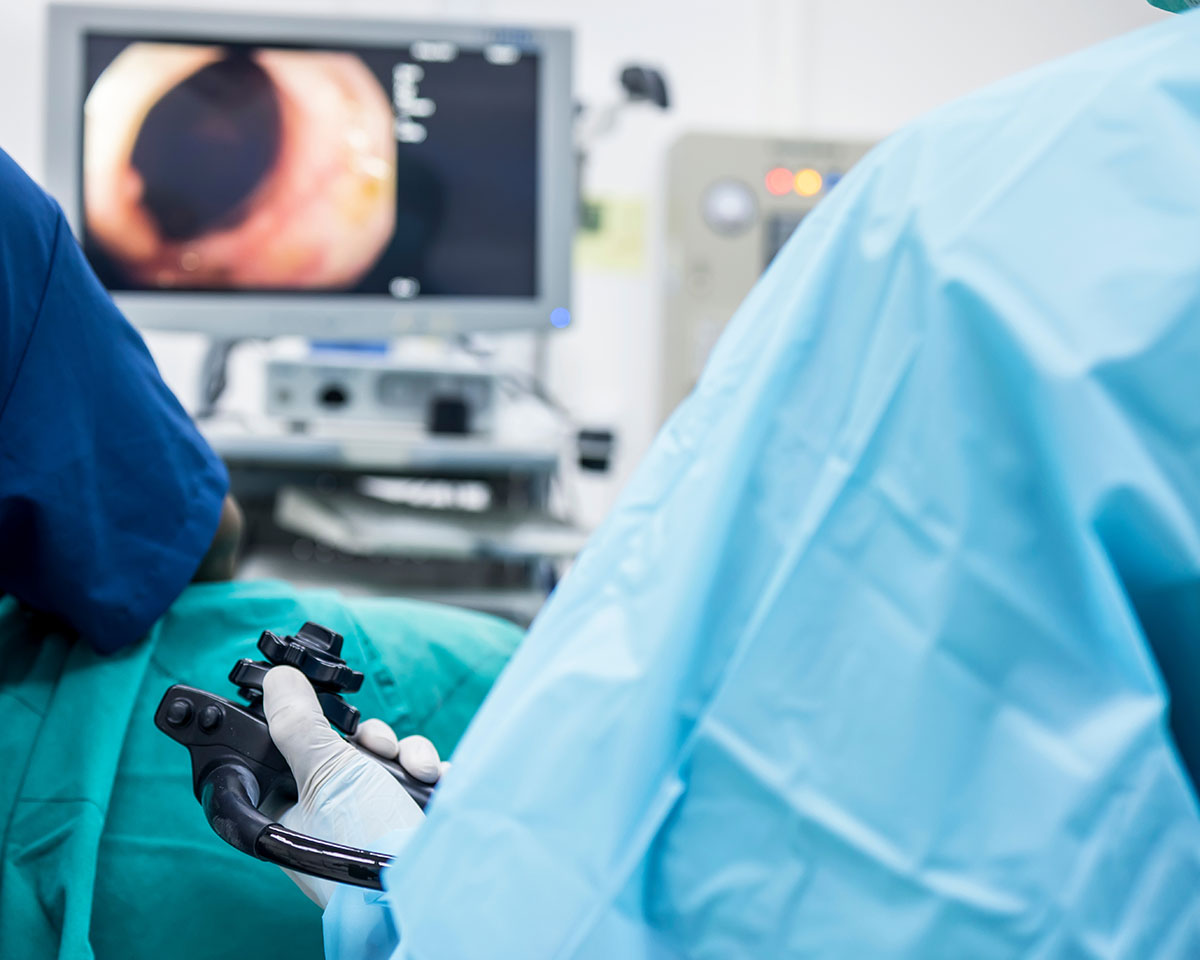Piles, also known as haemorrhoids, are a common condition that affects many individuals. While not life-threatening, they can significantly impact your quality of life, causing discomfort, itching, and even pain. Fortunately, there are several treatment options available for piles in Singapore, ranging from non-surgical methods to surgical interventions. This article explores these options to help you determine the best approach for your needs.
Table of Contents
ToggleUnderstanding Piles and Symptoms
Piles are swollen blood vessels in the rectum or anus that arise due to increased pressure in these areas. They are classified into two types: internal piles, which occur inside the rectum, and external piles, which develop under the skin around the anus. Common symptoms include:
- Bleeding during bowel movements: Often, bright red blood may be visible on toilet paper or in the toilet bowl.
- Pain or discomfort: Particularly when sitting or during bowel movements.
- Itching or irritation: Around the anus.
- Swelling or lumps: That may be felt near the anus.
Recognising these symptoms early can help in seeking timely treatment and preventing complications.
Non-Surgical Treatments for Piles
Non-surgical treatments are typically the first line of defence against piles, especially for mild to moderate cases. These options are often less invasive and focus on relieving symptoms while addressing the root causes of the condition.
Dietary and Lifestyle Changes
Adopting healthier dietary and lifestyle habits can significantly reduce the severity of piles and prevent recurrence. Key changes include:
- Increasing fibre intake: A diet rich in fruits, vegetables, and whole grains helps soften stools, reducing strain during bowel movements.
- Staying hydrated: Drinking plenty of water prevents constipation, a major contributor to piles.
- Regular exercise: Activities like walking and yoga improve blood flow and digestive health.
- Avoiding prolonged sitting: Especially on the toilet, as it increases pressure on the rectal area.
Over-the-Counter (OTC) Medications
Several OTC products can provide relief from piles symptoms. These include:
- Topical creams and ointments: Contains ingredients like hydrocortisone or witch hazel to reduce swelling and itching.
- Suppositories: Designed to relieve internal piles by delivering medication directly to the affected area.
- Oral pain relievers: Such as ibuprofen or acetaminophen, to manage pain and inflammation.
It is essential to follow the instructions on these products and consult a healthcare provider if symptoms persist.
Home Remedies and Natural Treatments
Some natural remedies may offer relief from piles symptoms, though they are not a substitute for medical treatment. Popular options include:
- Warm sitz baths: Sitting in a basin of warm water for 10-15 minutes helps soothe irritation and reduce swelling.
- Aloe vera gel: Known for its anti-inflammatory properties, it can be applied externally to ease discomfort.
- Cold compresses: Applying ice packs to the affected area can temporarily reduce pain and swelling.
While these remedies can be helpful, they are most effective when combined with other treatments.
Surgical Treatments for Piles in Singapore
For severe or persistent cases of piles, surgical intervention may be necessary. These procedures are designed to remove or reduce haemorrhoids and alleviate symptoms.
Haemorrhoidectomy
Haemorrhoidectomy is the surgical removal of haemorrhoids. It is often recommended for large or prolapsed piles that do not respond to other treatments. The procedure is performed under general or local anaesthesia and involves removing the excess tissue causing bleeding and discomfort.
While highly effective, haemorrhoidectomy has a longer recovery time and may cause temporary pain or discomfort post-surgery.
When conservative treatments fail, piles surgery in Singapore may be the next step recommended by specialists.
Minimally Invasive Surgical Techniques
Minimally invasive procedures offer faster recovery times and less postoperative pain compared to traditional surgery. Common techniques include:
- Rubber band ligation: A rubber band is placed around the base of the haemorrhoid to cut off its blood supply, causing it to shrink and fall off.
- Sclerotherapy: Involves injecting a solution into the haemorrhoid to shrink it.
- Infrared coagulation: Uses heat to shrink internal haemorrhoids.
These methods are typically performed as outpatient procedures, allowing patients to return home on the same day.
Post-operative care is crucial after undergoing piles surgery in Singapore to ensure a full recovery.
Stapled Hemorrhoidopexy
Stapled hemorrhoidopexy, also known as stapling, is a procedure used to treat prolapsed piles. It involves using a circular stapling device to reposition and secure haemorrhoidal tissue back into its normal position. This procedure is less painful than haemorrhoidectomy and has a shorter recovery period.
However, stapling is generally recommended for internal piles and may not be suitable for external haemorrhoids.
How to Choose the Right Treatment Option
Choosing the right treatment for piles depends on several factors, including the severity of your condition, your symptoms, and your overall health. Here are some considerations to guide your decision:
- Severity of symptoms: Mild cases may respond well to non-surgical treatments, while severe cases often require surgical intervention.
- Personal preferences: Some individuals may prefer less invasive methods, even if they take longer to show results.
- Medical advice: Consulting a specialist is crucial to evaluate your condition and recommend the most suitable treatment plan.
- Lifestyle factors: Your ability to make dietary and lifestyle changes can influence the effectiveness of non-surgical treatments.
Understanding the types of piles surgery Singapore offers can help you make an informed decision about your health.
Remember, delaying treatment can worsen your condition, so it is essential to seek help early.
Get Piles Treatment and Surgery in Singapore
At Advanced Colorectal and General Surgery, we specialise in providing comprehensive care for piles. Our team of experienced colorectal surgeons offers both non-surgical and surgical treatment options tailored to your needs. Whether you require dietary advice, minimally invasive procedures, or advanced surgical interventions, we are here to help.
While discussing non-surgical vs surgical treatments for piles, it’s important to consider the tailored surgical approaches offered by Advanced Colorectal and General Surgery for piles surgery in Singapore.
Don’t let piles disrupt your life. Contact Advanced Colorectal and General Surgery today to schedule a consultation and take the first step toward relief and recovery.





